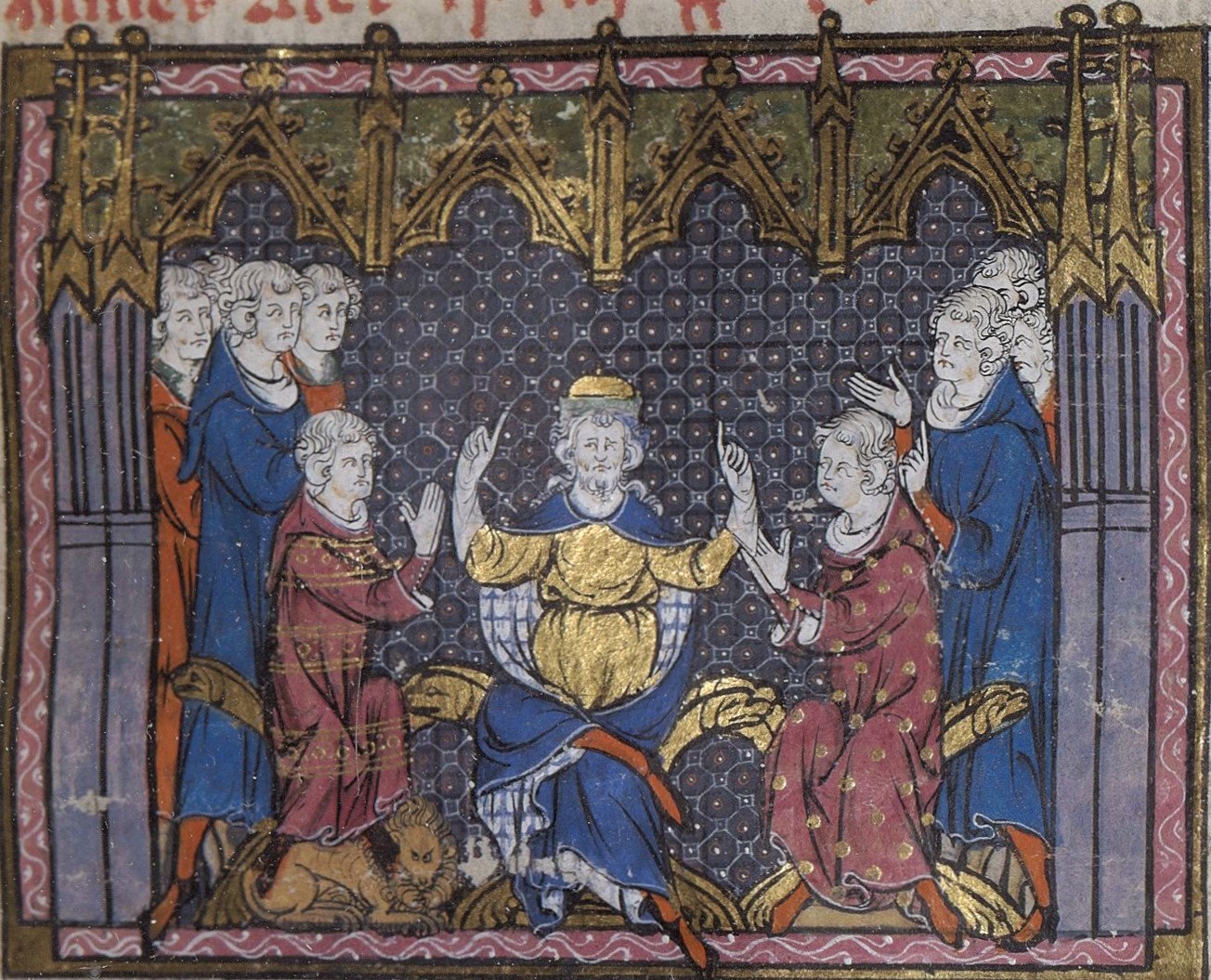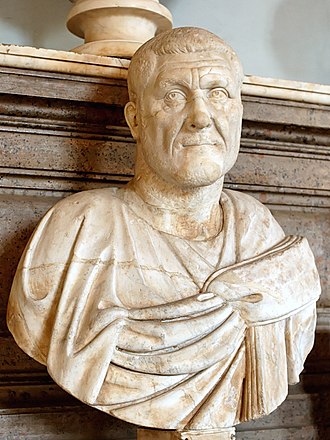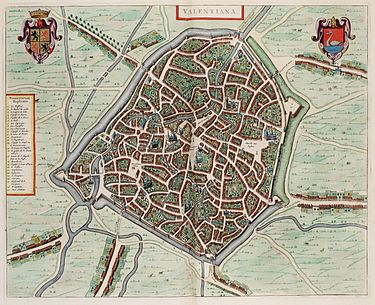 On March 23, 1540, Henry VIII bagged Waltham Abbey. Which might not sound like much, since he bagged a lot of abbeys in a violent, greedy, unlawful and frankly barbaric manner. What makes Waltham special is that it was the last in his dispossession of the English church. Not because he thought better of it, but because it was the last important one left.
On March 23, 1540, Henry VIII bagged Waltham Abbey. Which might not sound like much, since he bagged a lot of abbeys in a violent, greedy, unlawful and frankly barbaric manner. What makes Waltham special is that it was the last in his dispossession of the English church. Not because he thought better of it, but because it was the last important one left.
There is little doubt about the violent, bullying manner in which the abbeys were seized following Henry’s break with Rome. And it was distinctly greedy in that instead of keeping them operating as Anglican abbeys, which would surely have been logical given that Henry did not actually propose changing the theology of England, he just wanted to be Pope and get to bed Anne Boleyn, he broke them up and grabbed the proceeds or handed them out to his supporters.
Doing so was also illegal even if the dissolution itself was not. I rather think it was; at that time there were constitutional limits on what could be done in England even by act of Parliament duly passed and approved by the Monarch. And Magna Carta’s guarantee of liberty to the Church seems to me to protect it from being suddenly seized, plundered and subverted by a grasping, thuggish, lecherous king.
Even if you grant all that, here’s the problem. The legal rule is that if a charitable entity is dissolved, the assets are to revert to the original donors or their heirs and assigns where they can be identified. And the property of the great abbeys and monasteries was, by and large, the result of contributions by the English, especially obviously the nobility. So even if dissolving the monasteries was lawful, keeping the loot wasn’t. And I’ll bet you pounds sterling to pease porridge in a pot three days old that if Henry hadn’t been able to plunder them he wouldn’t have dissolved them.
Finally, the dissolution was barbaric, in that the seized buildings, often many centuries old, were frequently not just vandalized but knocked down. I’ve actually been to Evesham Abbey, or what’s left of it, while we were making the Magna Carta documentary. Founded at some point between 700 and 710 AD, it stood for nearly 1000 years before Henry’s henchthugs demolished everything but the bell tower. And it’s just heartbreaking to think of what beautiful, old, dignified buildings, surely hallowed by long reverence even if you’re not Christian, were maliciously knocked down just to make the point that Henry had a big fist.
The same is true at Waltham where, incidentally, some rumours hold that whatever the Normans left of Harold Godwinson eventually got buried because he had refounded it in 1060. That’s right. Refounded. The abbey had been a place of worship since the 7th century, the very early post-Roman evangelization of Britain. For a man once dubbed “Defender of the Faith” by the Pope, and who kept the title even as he chucked the Pope under the wagon, to show so little reverence for so many centuries of worship is simply barbaric.
The dissolution of the monasteries and the seizing of church property had many other implications. Some were not all that bad, at least in that England under the Anglican Church remained as free as it had been under Catholicism. Arguably that was due to the English devotion to liberty not to Henry’s institutional aggression. But however it happened, it remains true. And the Anglican church has inspired much genuine piety and filled the lives of untold millions since. But some consequences of Henry’s cynical, intolerant, lustful lunge for control of the English church were problematic.
A serious period of religious upheaval and persecution was one. The collapse of the existing, long-standing, flexible, decentralized, human-centred welfare network maintained by the church was another. It led to various unhappy experiments with public relief including the Poor Law passed under Henry’s daughter Elizabeth I that funded welfare from taxes and created all sorts of issues with dependence and public resentment.
When you bend or break the law to seize ancient places of worship, pass the proceeds to your buddies, and vandalize holy places centuries old, you just have to be on the wrong track. Fortunately such wholesale breaches of liberty and decency were comparatively rare in England. But they did sometimes happen, including this egregious example under the egregious Henry VIII.
It’s heartbreaking to think of the beautiful buildings, the site and focus of so much devotion for so many centuries, barbarically knocked down.





